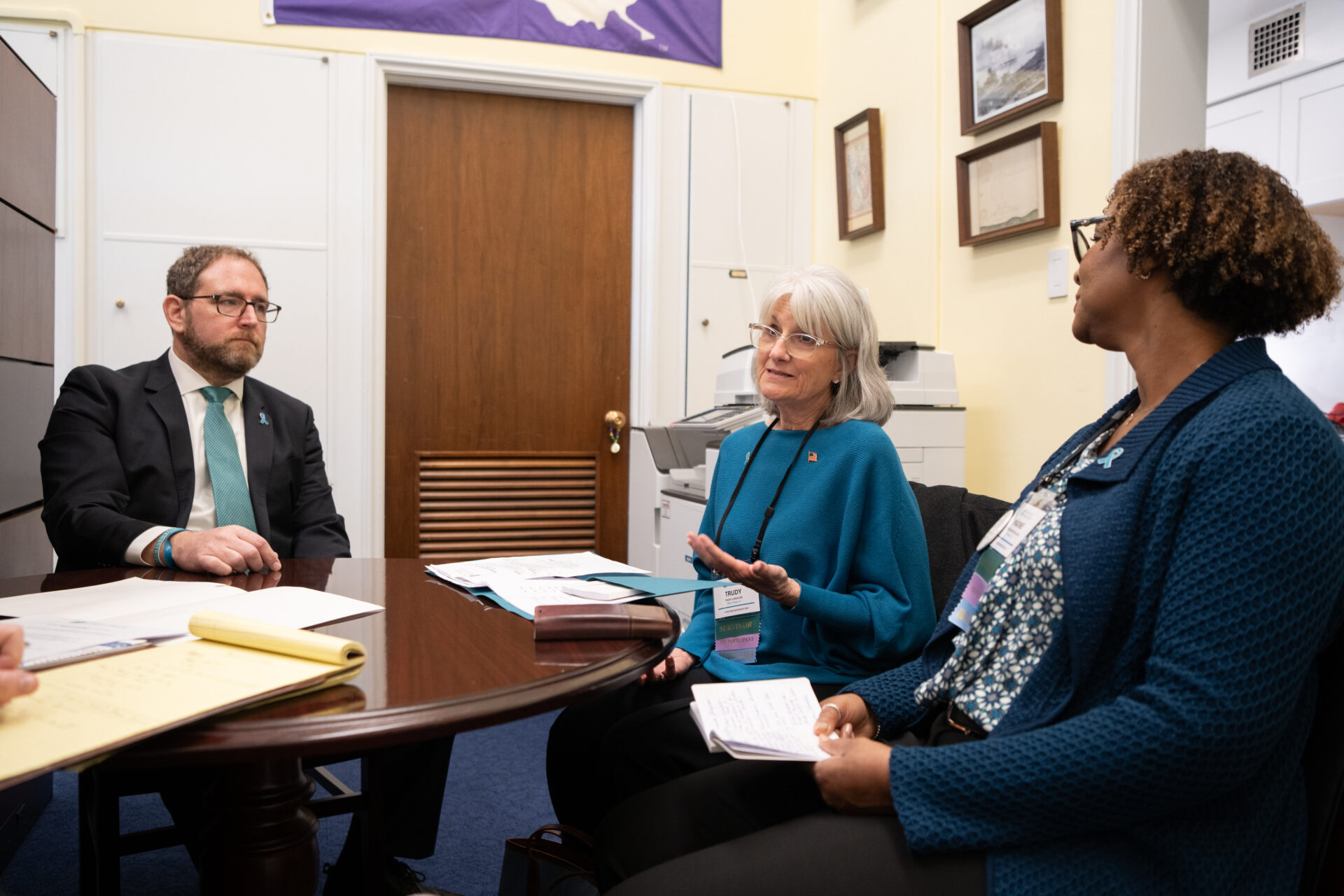Today, the Supreme Court heard two hours of arguments about the constitutionality of the requirement in the health reform law that most people have insurance. According to the minimum coverage provision, also called the individual mandate, the majority of Americans will be required to have health insurance. Those who do not will have to pay a penalty. The question at hand today was whether Congress has the power to enact this requirement based on two clauses in the Constitution: the Necessary and Proper clause and the Commerce Clause.
The Commerce Clause gives Congress the power to enact laws to regulate interstate commerce. Over the past 70 years, that power has been interpreted broadly. The Necessary and Proper Clause gives Congress the power to enact laws to meet its other enumerated powers, such as regulating interstate commerce.
One issue raised in today’s arguments was how the provision of health care and health insurance relate to the definitions of interstate commerce and the market. Specifically, arguments explored whether buying health insurance, using health care, not paying for care and shifting costs from the uninsured to the insured are included in those definitions. Both the justices and the Solicitor General repeatedly noted that those who do not purchase insurance still use health care. When they do, the costs incurred may be substantial, and the uninsured cannot pay them. In those cases, costs are shifted to those who have insurance—for instance, through higher premiums and co-payments. Therefore those who do not have insurance are still affecting the market. The Solicitor General argued that the option of denying care to the uninsured –and therefore not letting them participate in the market—is contrary to our social norms.
While the justices did not question Congress’ right to regulate interstate commerce, they did ask if this provision forced people to engage in commerce, rather than merely regulating commerce. The government argued that the mandate simply regulates the method of paying for health care via the insurance market. However, a number of justices express concerns about the limits to which the government can regulate interstate commerce, should the mandate fall into that category.
Based on today’s arguments, a number of Supreme Court observers questioned whether the mandate will withstand the court’s scrutiny.
Tomorrow’s arguments will consider severability (whether other portions of the Affordable Care Act can stand if the mandate is ruled unconstitutional) as well as the Medicaid expansion.


